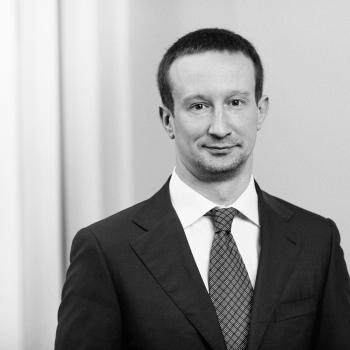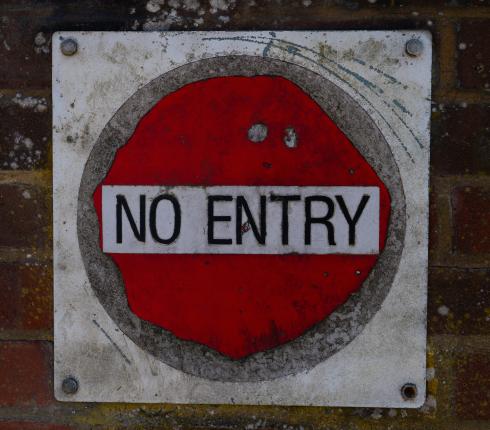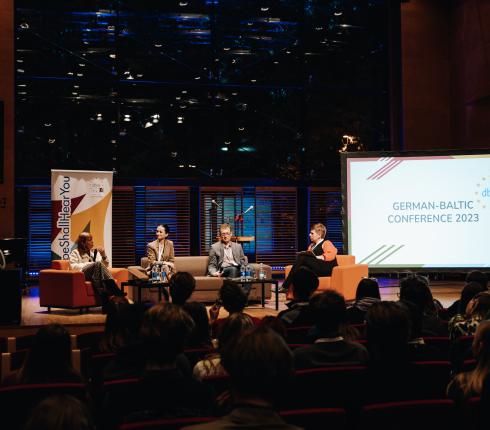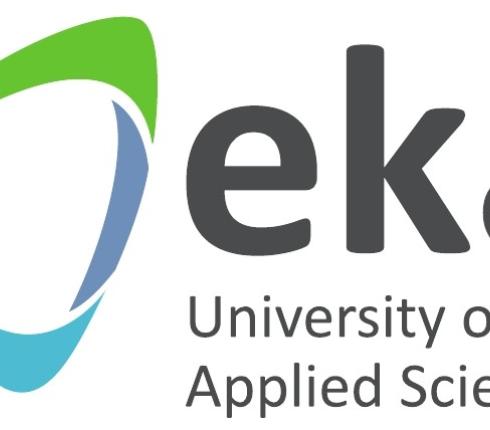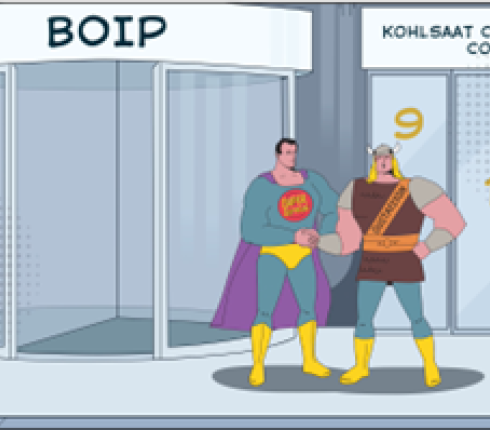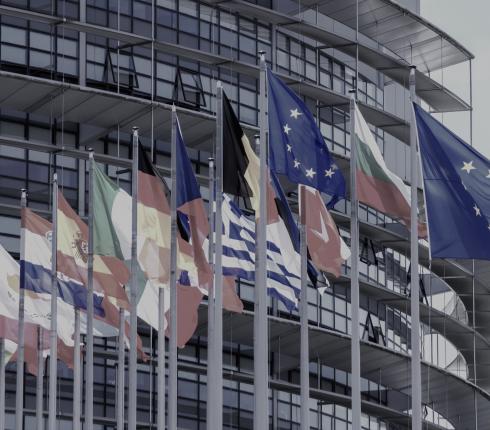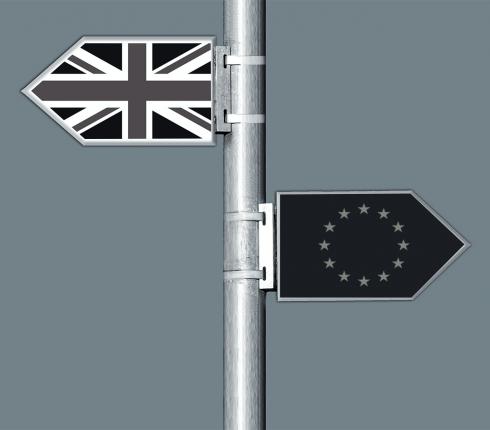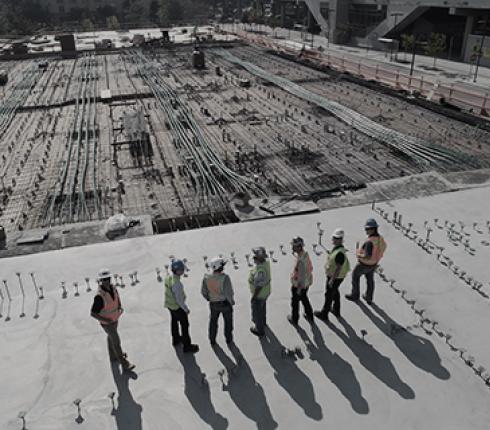News
AML cases in Latvia: fragile balance between facilitation of the proceedings and the rights of the person
Amendments to the Law on Criminal Proceedings were adopted on 19 November 2020 and will enter into force on 1 January 2021. A significant part of the aforementioned amendments concerns anti-money laundering criminal procedures and are aimed at facilitating the investigation of criminal proceedings on money laundering, as well as at speeding-up these criminal proceedings. The following amendments deserve special attention:

- The amendments provide that information containing the professional secret of a sworn auditor protected by law in pre-trial criminal proceedings may be requested by a prosecutor or an investigator with the consent of the supervising prosecutor. Previously, in order to receive information containing the professional secret of a sworn auditor protected by law in pre-trial criminal proceedings, the permission of the investigating judge was required.
- The amendments are intended to stipulate that in the future the actions or decisions of investigator and prosecutor, which are not related to the termination of the criminal proceedings, may be appealed to a higher-ranking prosecutor, whose decision will no longer be a subject to appeal.
It follows that the decision of the prosecutor, except for the decision to terminate the criminal proceedings, can be appealed only to a higher-ranking prosecutor. Similarly, one level of appeal is reduced for investigators. In accordance with the opinion of the Ministry of Justice of the Republic of Latvia proposing the above amendments: “the current three-stage appeal in pre-trial criminal proceedings concerning the actions or decisions of the prosecutor and the investigator disproportionately consumes the resources of the institution and does not facilitate an effective investigation of the criminal proceedings. Complaints are often un-founded, but the work of the prosecutors’ office needs to be focused on investigation, criminal prosecution, and maintenance of State prosecution in court, especially regarding serious and especially serious crimes. Given that higher-ranking prosecutors are highly competent public officials, it is recognised that it is rational to reduce the levels of appeal while ensuring respect for the rights of persons.”
In this regard, it should be mentioned that in Latvia decisions of the investigators, supervising prosecutors and higher-ranking prosecutors often are insufficiently motivated, unfounded, and declarative. Unfortunately, it is also quite common for the decisions to be negligent, in fact, simply repeating the content of the decision appealed against. The above shortcomings in decisions (especially in criminal proceedings for money laundering) are usually justified by the authors referring to some investigative secret.
In these cases, only the last third instance of appeal (the level of the chief prosecutor of the Division for Supervision of Pre-trial Investigation of the Criminal Justice Department of the Prosecutor General’s Office) ensures comprehensive, complete, and impartial resolution of the complaint providing duly substantiated answers to the issues specified in the complaint, thus achieving the revocation of illegal decisions, and remedying the complainant’s infringements.
In view of the aforementioned circumstances, as well as the large proportion of shortcomings in the work of the prosecutor's office, which are similar to those specified in the ancillary court decision in Zolitude tragedy criminal case, being allowed even by experienced prosecutors, the Ministry of Justice's assertion, “that it is rational to reduce the levels of appeal while ensuring respect for individual rights” is likely to have been wrong and inappropriate.
- Upcoming amendments provide that an investigator with the consent of the super-vising prosecutor or a prosecutor with the consent of a higher-ranking prosecutor within the criminal proceedings on money laundering is allowed to take a decision on termination of criminal proceedings, or a part thereof if a fair settlement of property relations is achieved, the person's guilt in committing a criminal offence has not been proven within the frames of the pre-trial proceedings and obtaining additional evidence will not ensure cost-effective pre-trial criminal proceedings or will cause dis-proportionate expenses.
It follows from the above that the regulation established in the amendments provides for the opportunity to terminate criminal proceedings for money laundering having the following preconditions, first of all, a fair settlement of property relations must be achieved, namely, in the case of criminal proceedings concerning property issues, they must be resolved by the end of the proceedings (e.g. the proceeds of crime must be confiscated pursuant to the regulation of Chapter 59 of the Criminal Law); secondly, the person's guilt in committing a criminal offence has not been proven within the frames of the pre-trial proceedings; thirdly, obtaining additional evidence will not ensure cost-effective pre-trial criminal proceedings or will cause disproportionate expenses.
As an example of the third precondition mentioned above, initiator of these amendments - the Ministry of Justice, mentioned cases where “requests for legal assistance on obtaining evidence abroad have been sent within criminal proceedings, but no answer is received for a long period of time, or no answer is received at all and it is not possible to prove a person's guilt in committing a criminal offense without this evidence, then it is considered that re-preparation and sending a repeated request for legal assistance, which is unlikely to be fulfilled, will prolong the investigation while incurring additional costs, thus failing to ensure cost-effective criminal proceedings;”. When explaining the concept of “disproportionate expenses”, the Ministry of Justice stated that “disproportionate expenses may be incurred as a result of international cooperation as well, due to especially expensive translation of materials obtained during the fulfilment of a request for legal assistance, as well as translation of other materials obtained within the frames of international cooperation (Europol, Interpol, ARO information)”. Moreover, the Ministry of Justice stated that, “when assessing the economic criterion of pre-trial criminal proceedings, the capacity of the institution, i.e., the involvement of its human resources, which could be directed to the investigation of other cases involving persons with the right to defence, should be taken into account, thus prioritising the institution's work. Technical processing of criminal cases, including the copying of materials, scanning, etc. also does not facilitate cost-effective pre-trial criminal proceedings. In order to streamline criminal proceedings as well as to relieve the investigative institution, it is necessary to concentrate the institution's resources on such criminal proceedings, which can ensure the effective application of the norms of The Criminal Law and fair regulation of criminal legal relations, simultaneously stimulating economic and effective pre-trial criminal proceedings”.
In practice all the aforementioned, for example, for the former customers of ABLV Bank, AS, whose funds were seized in the framework of criminal proceedings at the bank, may mean that the criminal proceedings initiated against them for money laundering could be terminated, confiscating the assets of these persons, which were arrested in the course of criminal proceedings if the guilt of these persons will not be proved within the frames of pre-trial criminal proceedings and obtaining additional evidence to prove their guilt in committing a criminal offence will not ensure cost-effective pre-trial criminal proceedings or will incur disproportionate costs.
The purpose of the above amendments to the Law on Criminal Proceedings is obviously to speed-up criminal proceedings and to facilitate the investigative work. How-ever, the haste with which they were developed and proposed for inclusion in the draft law (amendments were included in the draft law in the third reading only at the initiative of the Ministry of Justice on 12 October 2020, just one month before the law was adopted by the Latvian Parliament (Saeima) (Initially, the draft law was submit-ted to the Parliament on 10 January 2020) give cause for concern that these amendments were not properly prepared and discussed when they were drafted, as a result, they do not determine such procedures for the criminal proceedings that ensure effective application of the norms of The Criminal Law and fair regulation of criminal legal relations without unjustified intervention in the life of a person, in particular be-cause the rights and legitimate interests of other persons involved in criminal proceedings are being sacrificed in favour of speeding-up criminal proceedings, facilitating the work of investigations and prosecutions and justifying errors in criminal investigations.
- The amendments are intended to provide that the newly created Economic Court will have jurisdiction over criminal proceedings for the manufacture, possession, transfer, use or distribution of weapons of mass destruction with certain qualifying characteristics, for the financing of terrorism, for the money laundering or for the laundering of criminal assets or other property, the acceptance of unauthorised benefits, on commercial bribery, on giving of bribes, on accepting bribes, misappropriation of bribes, on intermediation in bribery, on trading with influence and on unlawful requesting, giving and receiving of benefits.

